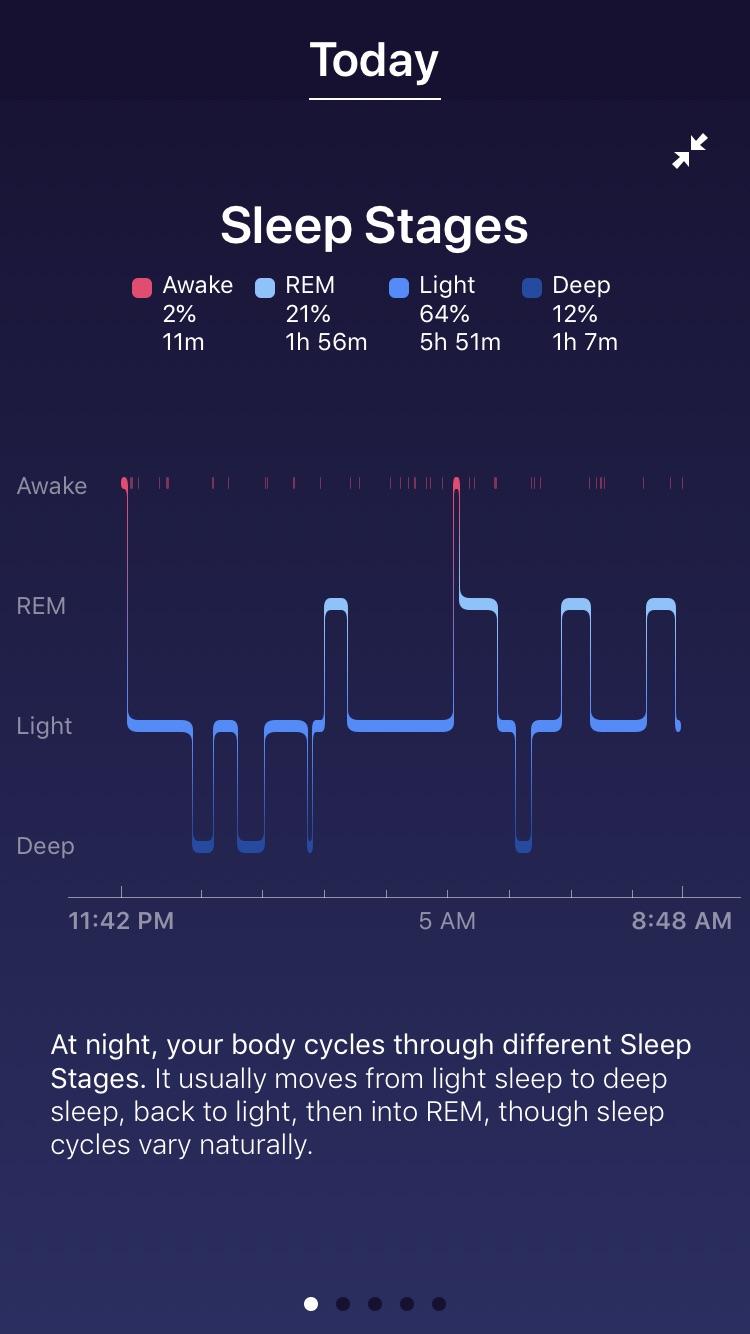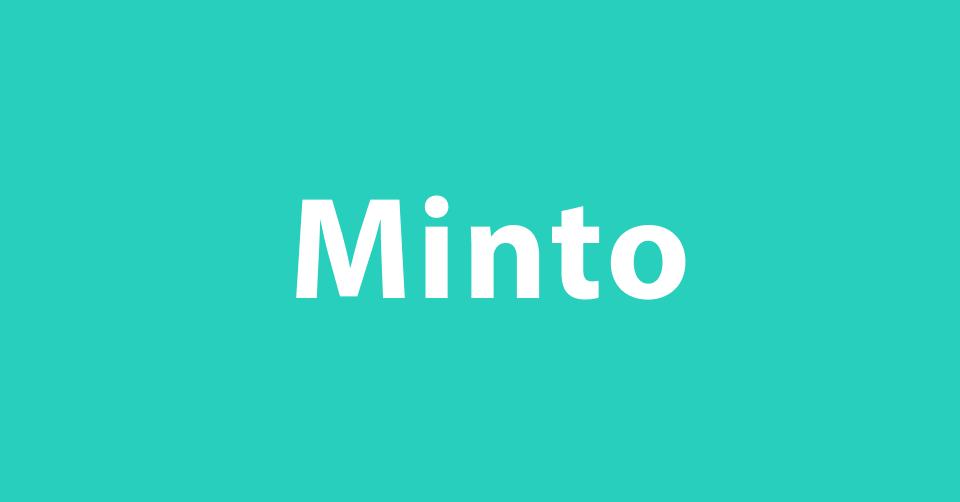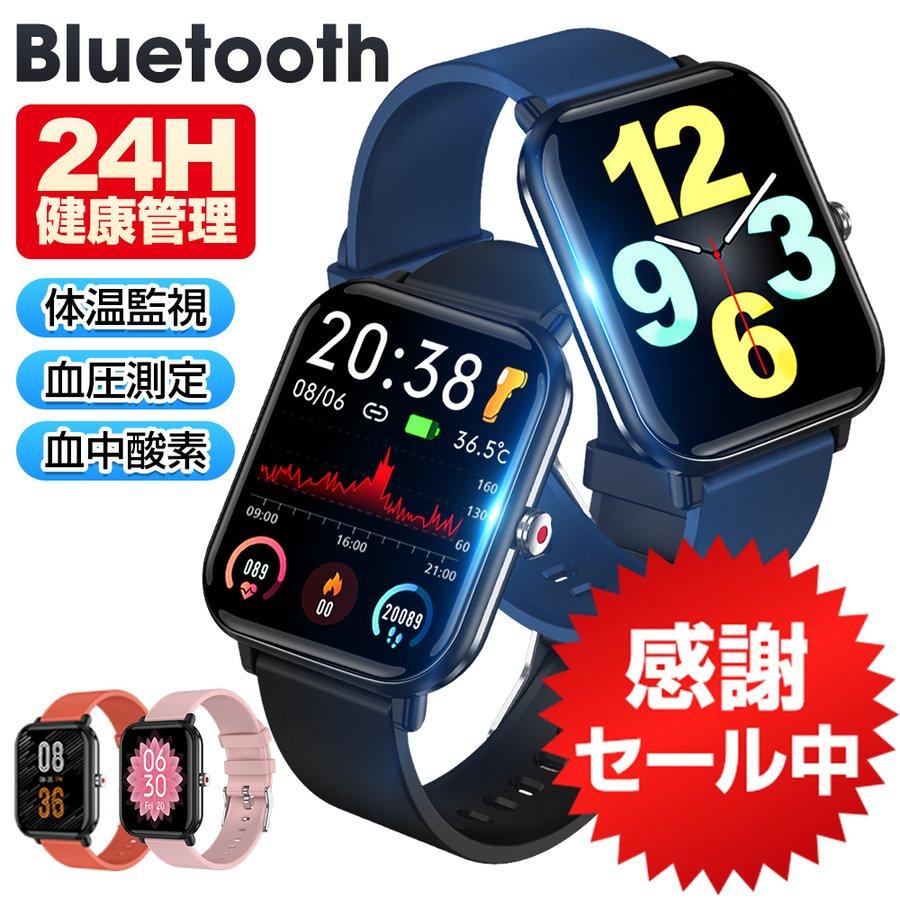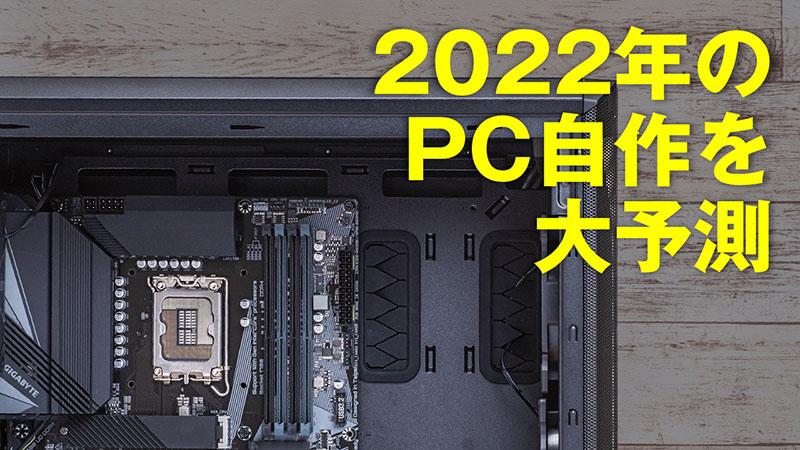Does a smartwatch sleep tracker make sense?
So what is sleep tracking?
Sleep. It's one of the things your body needs to do, and if you don't get six to eight hours of sleep the next day it's going to be tough. Well, that's how much I know. I've never given much thought to sleep quality, so I have no idea if my sleep is normal, good, or bad. But that all changed when I started using the Fitbit Charge 3.
Since I started using the Fitbit Charge 3, checking my sleep report in the Fitbit app has become part of my morning routine. I'm checking how many hours I slept, how much sleep level and how many hours I spent. Well, the more I look at the report, the more I feel a certain feeling. It's similar to the feeling you get when you look at a horoscope.
I was skeptical about how Fitbit's sleep report was doing, so I decided to do some sleep research. As it turns out, sleep is such a deep and complex mechanism that I honestly don't think we'll be able to capture all of it on our wrist.
Are you sleeping? stay up? Are you tracking properly?
Although there is still a lot we don't know about sleep, what we can say for sure is that it is a very important factor for us. Lack of sleep causes many health problems and can even be life threatening in the long run. Many sleep researchers estimate that the average adult needs between 7 and 9 hours of sleep, and quality also affects health. Quality sleep means falling asleep well and having a good night's sleep.
Early Fitbits (including the current models Fitbit Inspire and Fitbit Ace 2) tracked basic sleep information using a triaxial accelerometer that sensed wrist movements (up, down, sideways). increase. Fitbit sleep scientist Conor Heneghan says, "Moving a lot = very unlikely you're sleeping." Simple, isn't it? This is a method often used with subjects in sleep studies, even if it's not a smartwatch. A small accelerometer called an actigraph was put to sleep, and data on movement during sleep was collected. Using an algorithm, we allocate it to patterns of sleeping and waking. In a 2011 report, the data collected by the actigraph was able to determine the sleep pattern of healthy adults = subjects sleeping correctly with an accuracy of 87% to 99%. However, this is the accuracy of the data collected by the actigraph, and after searching, I could not find any research reports on the accuracy of the data collected by the smartwatch's accelerometer. There were some papers published this year that favorably said that smartwatch collection data wasn't bad either. "Overall, [smartwatches] aren't all that different from basic actigraphs," says Massimiliano de Zambotti of SRI International's Human Sleep Research Program, lead author of the report.

Although it is possible to track the sleeping state with high accuracy, it is difficult to accurately grasp the waking state. Zambotti says it's about 50% accurate. The reason is that the motto (?) of measuring instruments is that people do not move when they are asleep. It's going to end up. For this reason, a 2016 report summarizes that accelerometer-based sleep-tracking devices often tend to overstate sleep time.
Rebecca Spencer, a neuroscientist working on motion-based sleep trackers at the University of Massachusetts, also points out: For example, if the person sleeping with you or your dog moves a lot, it may detect that and recognize that the target is awake even though they are sleeping. According to Spencer, the biggest weakness of motion-based devices is the assumption that nothing moves except the person wearing it.
However, Spencer and Andres Kubala of the University of Pittsburgh, who conducted a comparative study of six smartwatches and actigraphs, added that the accuracy of accelerometer sleep tracking isn't bad. "If a consumer wants to know their sleep patterns, it's fine to buy a commercial monitor (such as a smartwatch)," Kubala said.
Sleep Cycle
Sleep is not as simple as it sounds. Meanwhile, your brain and body have a lot going on throughout your sleep cycle. The sleep cycle can be divided into four stages. Three of them are stages (N1, N2, N3), commonly called non-REM sleep, where there is little eye movement. Heart rate, breathing, and brain waves are calm, slow, and deep sleep. Non-REM sleep stages N1 and N2 are what Fitbit classifies as "light sleep," and they make up the majority of your night's sleep. N3 is "deep sleep," which is a short amount of time in a night, but sleep researchers believe it has a big impact on how tired you feel the next day. The fourth stage is REM sleep. The eyeballs are active, the heart rate and blood pressure are elevated, and the limbs are not moving, but the brain shows activity similar to that of waking. This is the state of dreaming. Scientists believe that REM sleep and deep sleep N3 may have important implications for human memory.
There is a polysomnography test to take sleep cycle data of 4 stages. Subjects attach electrodes all over their bodies to collect data on their brain waves, muscles, and eye movements. Look at the data and manually determine which stage the researcher is in. Subjects will be staying overnight as it will be conducted at a research institute.
Of course, Fitbit can't do this. I can't get an EEG. What they do instead is use algorithms. Based on your movement data, heart rate, age, gender, and other data, algorithms are used to predict your sleep stage. A 2017 report, researched in partnership with Fitbit, found that the sleep tracker's algorithm is 70% more accurate for REM sleep and 60% more accurate for non-REM sleep than a polygraph test. SRI's Zambotti's study on the Fitbit Charge 2 came close, with 80% light sleep and 75% REM sleep. However, both of them are of the opinion that the accuracy drops to about 50% when it comes to deep sleep.
The more research you look at, the more you should think of Fitbit sleep stage data as a vague prediction of "approximately" at best. Zilu Liang, who studies consumer wearable devices and digital health at Kyoto University, commented that it was natural. "To understand your sleep stages, you need to look at a lot of biological responses. Fitbit is only working with two pieces of information (movement and heart rate), so it's obviously hard to pinpoint your stages."
Still, Fitbit doesn't disappoint. For ordinary people = ordinary people, it can be said that the accuracy of sleep data itself is not a big problem in the first place. According to a 2017 report that analyzed nearly 300 sleep studies, only two things matter. One, too much REM sleep (more than 40% of total sleep time) is bad. For one, too little deep sleep (less than 5% of the barrel) is also bad.
Michael Grandner, director of the Sleep and Health Research Program at the University of Arizona and an advisory member of Fitbit, says sleep stage data is a rough estimate and a wake-up call for smartwatch users to think about sleep. I wish I could be. "For people who think they're having trouble sleeping, looking at their sleep tracker data and knowing that they're not sleeping well numerically can give them some peace of mind." Is it important to be able to take action? Grandner says the only thing you can't do is just self-diagnose if you're worried about your sleep cycle.
While research and understanding of sleep is progressing, general consumers continue to use sleep tracking with smartwatches without any problems. If you're a healthy person with no sleep disorders, Fitbit's sleep data will make some sense to you. For example, I've had nights where I just lay still and didn't get any sleep at all. To the last, there is nothing wrong with thinking that it is a rough estimate of the sleep time / cycle by the algorithm. As Grandner says, if your sleep tracker data changes significantly, your numbers are bad, and you aren't feeling well, get professional advice right away. Knocking on the door of a specialist, the smartwatch's sleep tracking is surely the most important role of the current smartwatch that is not a medical device.








